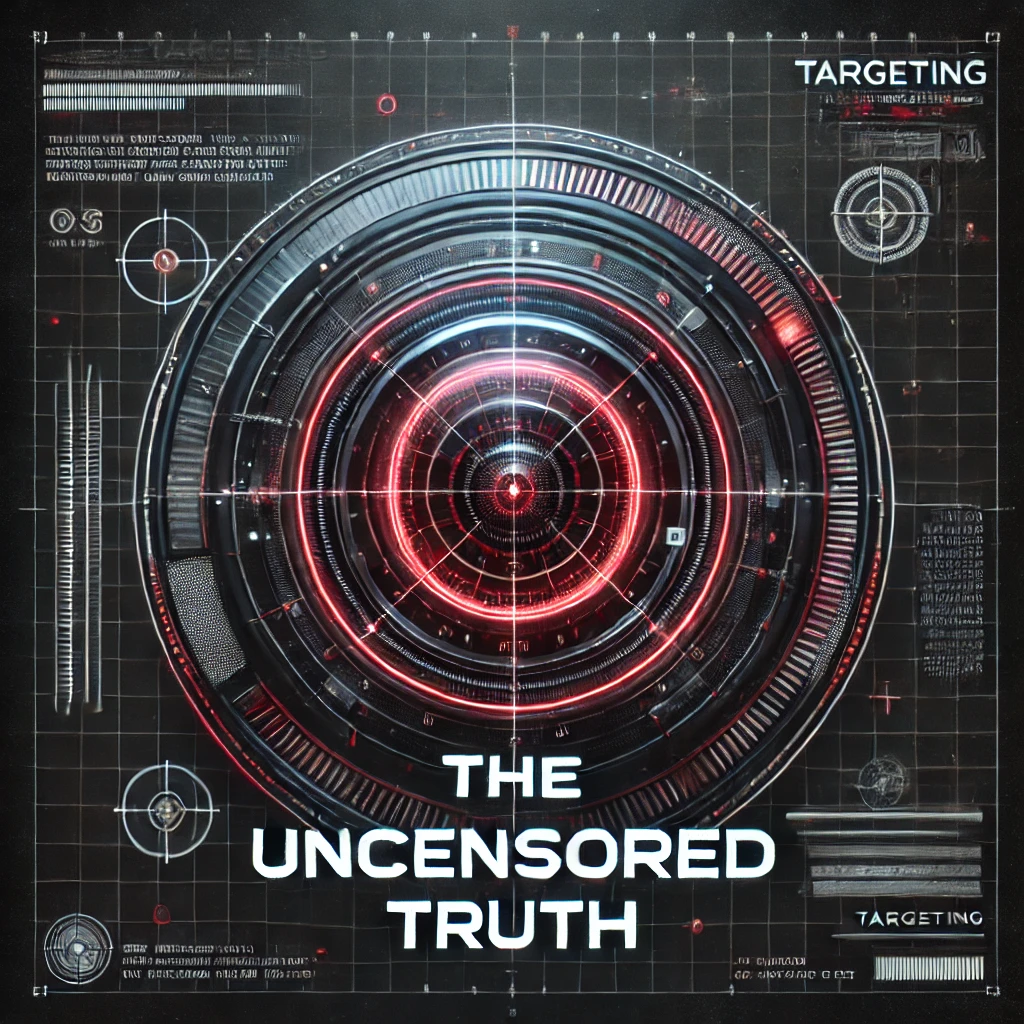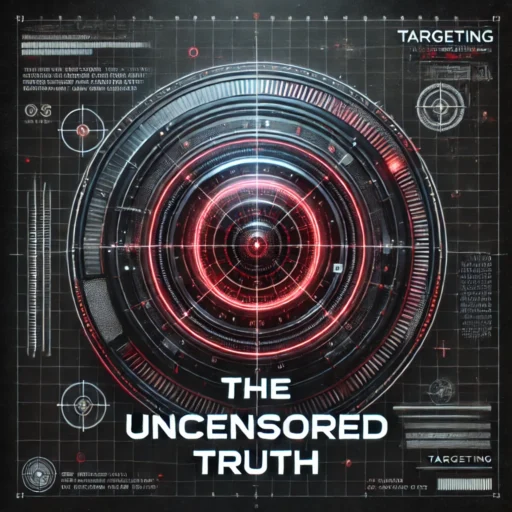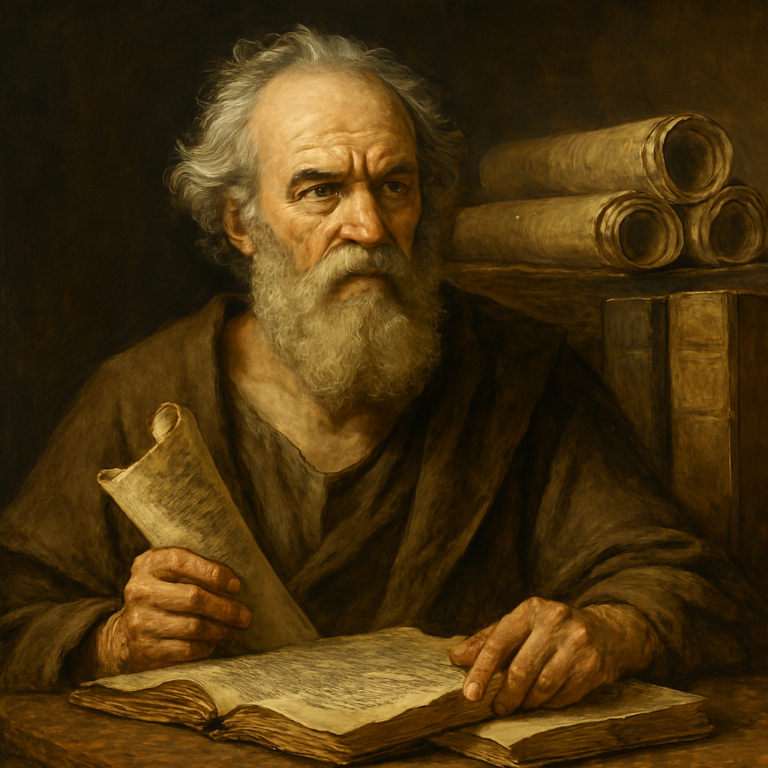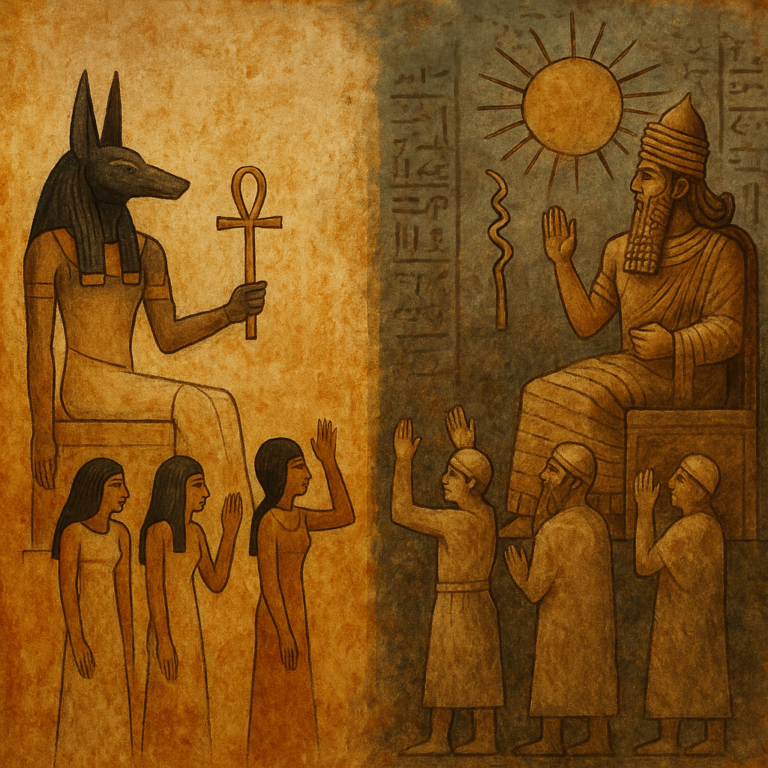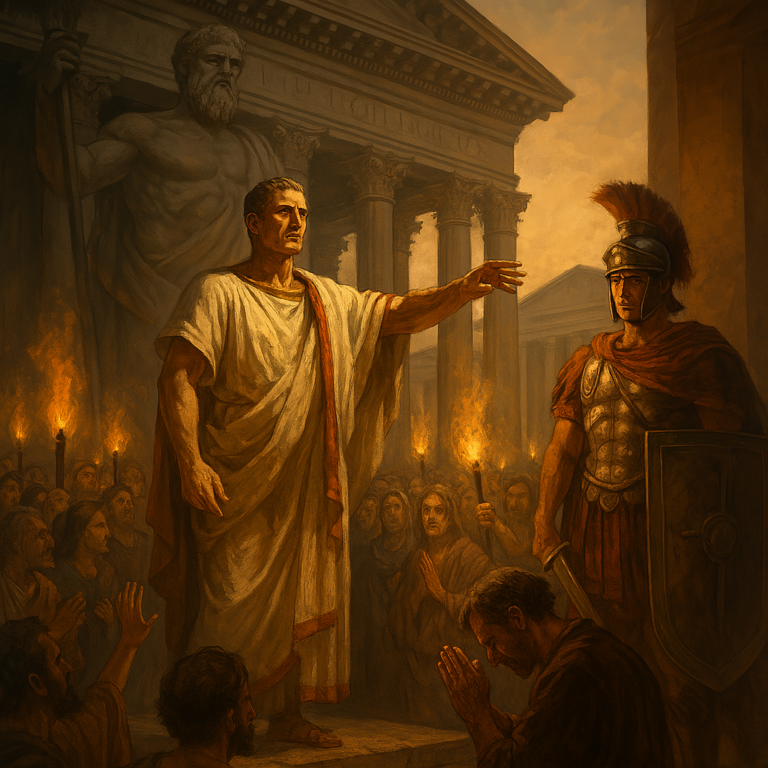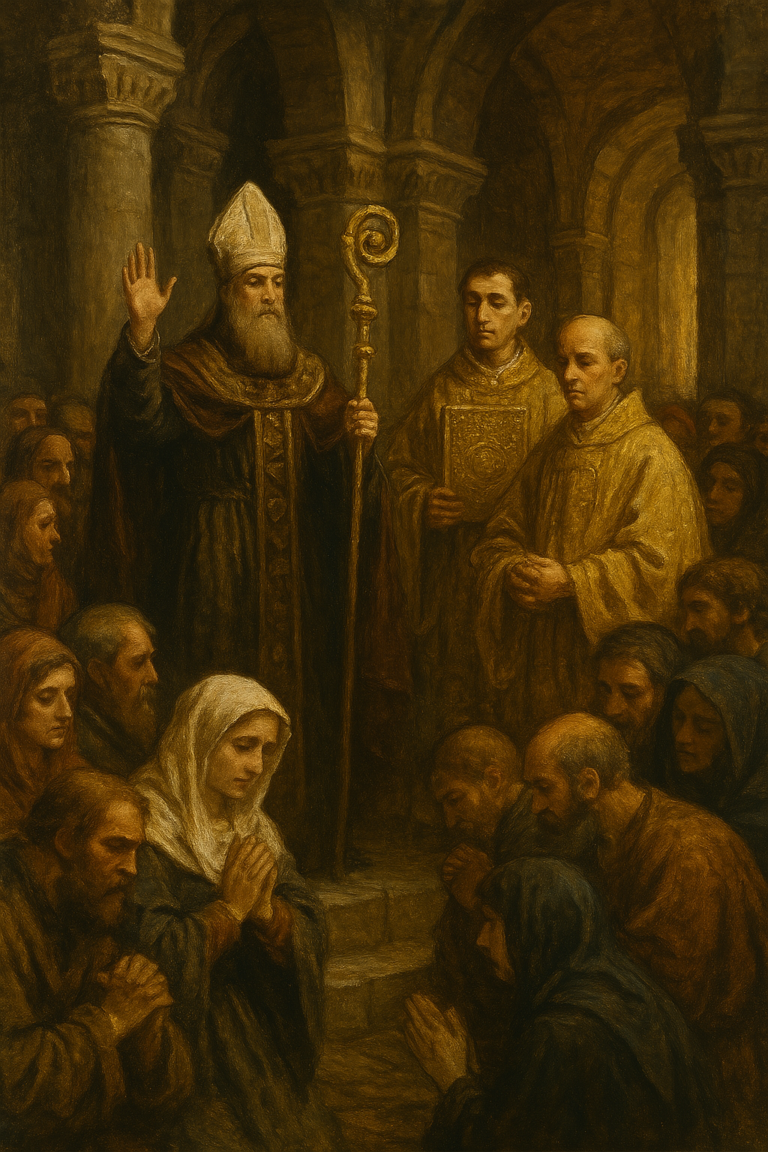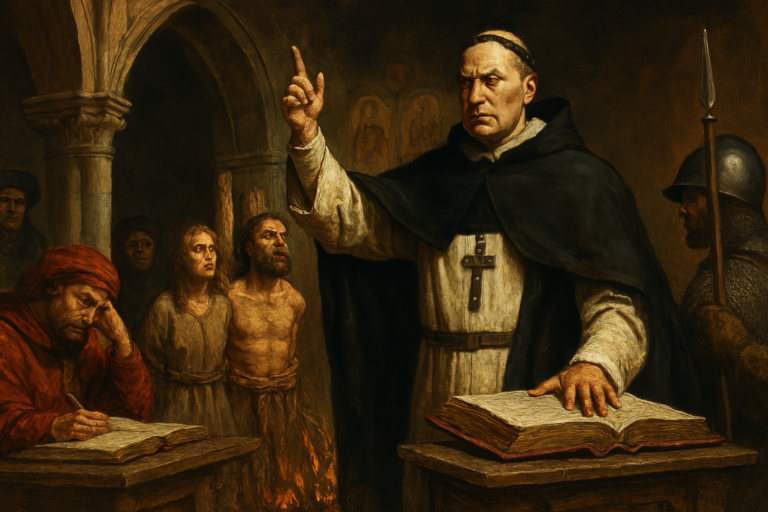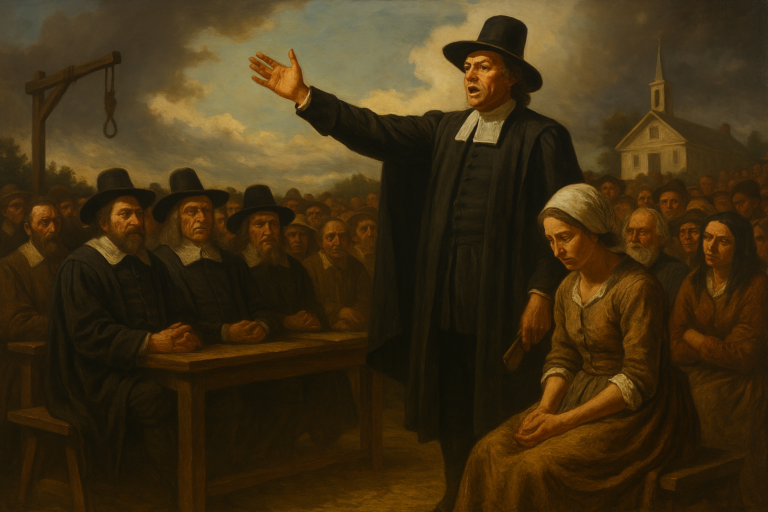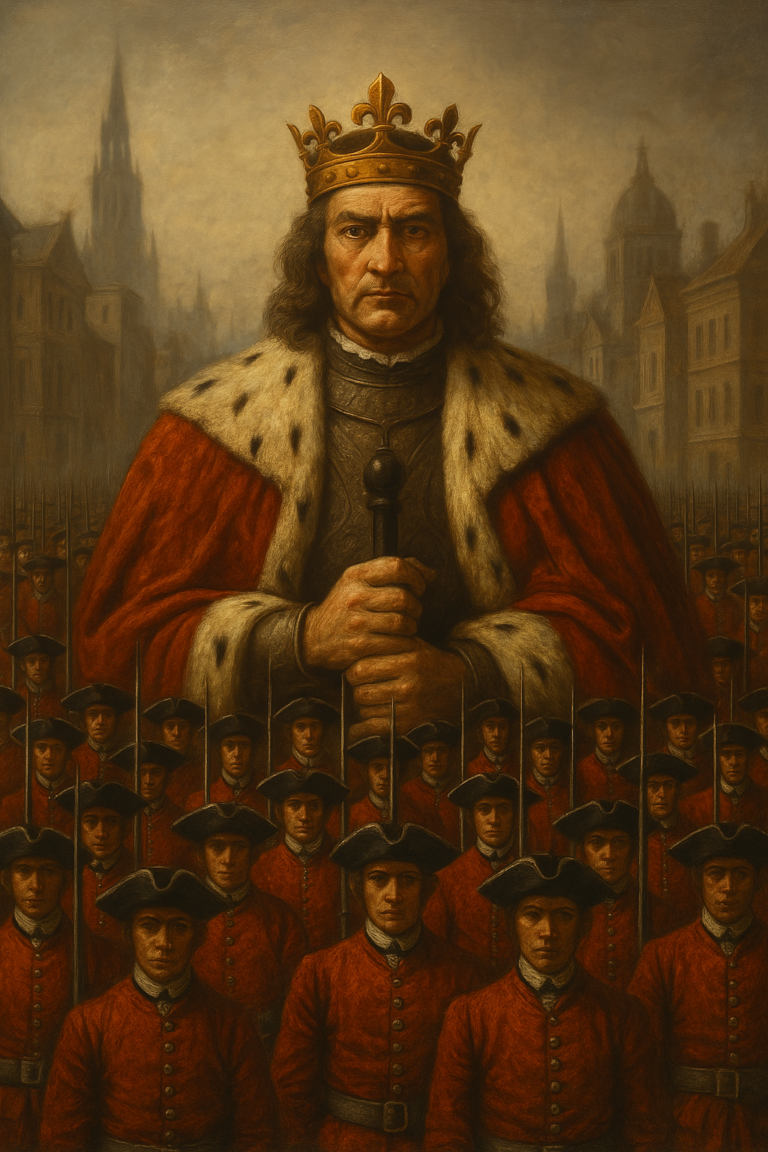From Socrates to Surveillance, Doubt as a Form of Dissent
In an age of mass information, ideological pressure, and institutional fragility, consensus has taken on a new role. It is no longer merely an indicator of general agreement — it is increasingly treated as truth itself. Those who challenge it are dismissed as ignorant, dangerous, or deluded. Debate is replaced with slogans. Questions are met with accusations. And those who hesitate before nodding in agreement are asked not why they doubt, but what they’re trying to hide.
But in the long tradition of philosophy, truth has never been born from consensus. It has emerged from challenge, friction, and the lonely courage of those willing to say, “I’m not so sure.”
This article explores why critical thinkers — the philosophers, heretics, and skeptics — have always stood apart from consensus, not out of stubbornness or contrarian flair, but because they understood something that still holds true today:
Certainty is not knowledge. And consensus is not proof.
I. Philosophy Begins With Doubt
To understand why consensus should not be mistaken for truth, we begin with the origins of critical thinking itself.
Socrates, often considered the father of Western philosophy, famously claimed to know nothing. His method of inquiry — the Socratic method — was built not on preaching answers, but on asking uncomfortable questions. He wandered Athens questioning politicians, poets, and artisans, exposing contradictions in their beliefs and showing how little anyone truly understood.
His crime? Corrupting the youth.
His punishment? Execution.
The consensus of Athenian democracy found Socrates guilty — but history judged him otherwise. He remains a symbol of intellectual courage in the face of popular certainty.
“The unexamined life is not worth living.” – Socrates
It is no accident that philosophy begins with not knowing. Because true inquiry starts when the mind is free from obligation to conform — when it values thought over agreement, and process over position.
Learn About The Death Of Socrates
II. The Seduction of Consensus
Modern societies pride themselves on reason, but the psychology of consensus reveals a deep human instinct: we prefer to belong rather than to be correct. Solomon Asch’s famous conformity experiments in the 1950s demonstrated that individuals would knowingly give incorrect answers to simple questions, just to align with the group.
That tendency is even stronger in moral, political, and scientific domains. When social belonging is tied to shared beliefs, disagreement becomes a social threat.
In today’s culture:
- Disagreeing with mainstream science is called denial
- Questioning political orthodoxy is called extremism
- Voicing skepticism about institutions is called conspiracy
But these are not arguments — they are deterrents. They are used to enforce consensus through fear, not evidence.
III. Consensus and the Institutionalization of Truth
When institutions declare that the debate is over, it is usually because they no longer wish to defend their position.
Take the scientific establishment. Science, at its best, is a method — one based on falsifiability, replication, and constant skepticism. Yet increasingly, it is treated as a product: “The science says…”, as though it were a monolith rather than a process. To challenge the consensus is seen not as an invitation to deepen understanding, but as a kind of heresy.
This dogmatization of consensus is not new. Hannah Arendt warned of it during the rise of totalitarian regimes in the 20th century, where “official truth” became a tool of control:
“The ideal subject of totalitarian rule is not the convinced Nazi or the convinced Communist, but people for whom the distinction between fact and fiction… no longer exists.”
When consensus is manufactured, dissent is erased — not through logic, but through exclusion.
IV. Doubt as Intellectual Integrity
Descartes famously embarked on a thought experiment of total doubt, seeking a single unshakable foundation. He doubted the senses, the world, even his own body. But one thing remained:
“I think, therefore I am.” – Descartes
In doubting everything, Descartes did not destroy knowledge — he rebuilt it on more honest ground. This is the function of doubt: not to dismantle truth, but to test it.
Nietzsche took this further, observing how “truth” is often the fossil of once-contested ideas. What is accepted without challenge may simply be what remains after the alternatives were silenced.
“Convictions are more dangerous enemies of truth than lies.” – Nietzsche
To think critically, then, is not merely to weigh evidence. It is to risk discomfort, to ask whether the loudest voices are also the most truthful — and to accept that unpopularity is often the first sign of independent thought.
V. The Consensus Trap in the Digital Age
The internet was once seen as a liberating force — a digital Agora. But algorithms have turned that dream into a filter bubble. Information that affirms the dominant consensus is boosted; content that challenges it is suppressed, demonetized, or erased.
This new form of algorithmic consensus is more insidious than the old. It does not argue — it curates. It surrounds the user with voices that agree, labels opposing views as harmful, and punishes deviation with invisibility.
As Foucault warned, modern power is not imposed by brute force, but by structuring what can be said, by whom, and in what context.
Consensus has been automated.
And the cost is not just censorship — it is intellectual paralysis.
VI. Why Critical Thinkers Resist Consensus
To think critically is to ask what consensus serves, and who it protects. It is to notice when agreement arises not from open inquiry, but from fear, fatigue, or manipulation.
Critical thinkers resist consensus when:
- The consequences of disagreement are disproportionate
- The claims rest on untestable assumptions
- Emotional coercion replaces rational argument
- Authority demands belief without transparency
Such resistance is not nihilism. It is not contrarianism. It is philosophy in motion — the continual testing of ideas, the refusal to confuse volume with validity, or popularity with truth.
VII. When Thinking Becomes a Risk
In societies where consensus becomes sacred, doubt becomes dangerous.
Doubt is recast as deviance. Inquiry becomes destabilizing. And the thinker, rather than the thought, is put on trial.
We see this today in public discourse:
- Journalists dismissed for reporting inconvenient truths
- Scientists blacklisted for questioning institutional narratives
- Individuals deplatformed, not for hate, but for asking the wrong questions
The result is not intellectual safety — it is intellectual stagnation. When fear defines the limits of thought, discovery dies.
VIII. Reclaiming the Right to Not Know
Certainty is comforting. It offers closure. But it also ends the conversation. True thinking requires the courage to say “I don’t know” — and to resist the pressure to pretend otherwise.
This series is about reclaiming doubt as a virtue — not a flaw.
Consensus, when built on transparency, evidence, and ongoing challenge, can be valuable. But consensus that is enforced — socially, algorithmically, or institutionally — is a simulation of truth, not its discovery.
“It is no sign of health to be well-adjusted to a profoundly sick society.” – Jiddu Krishnamurti
The world does not need more compliance.
It needs more thinkers.
It needs more questions.
It needs more refusal to nod along when the answers feel rehearsed.
Conclusion: Thinking Beyond the Circle
There is nothing wrong with agreement. But unexamined consensus is a form of surrender — a quiet erasure of the very thing that makes us human: the ability to question.
As we move forward in this series, we will explore how conspiracy has become the label for thought that dares stray outside the circle of consensus. And how reclaiming our right to think critically — without fear — is not just an intellectual exercise, but an act of cultural and personal resilience.
The death of certainty is not a crisis. It is an opportunity.
An opportunity to think more deeply, speak more cautiously, and live more freely — in a world where the truth is not given, but earned.
